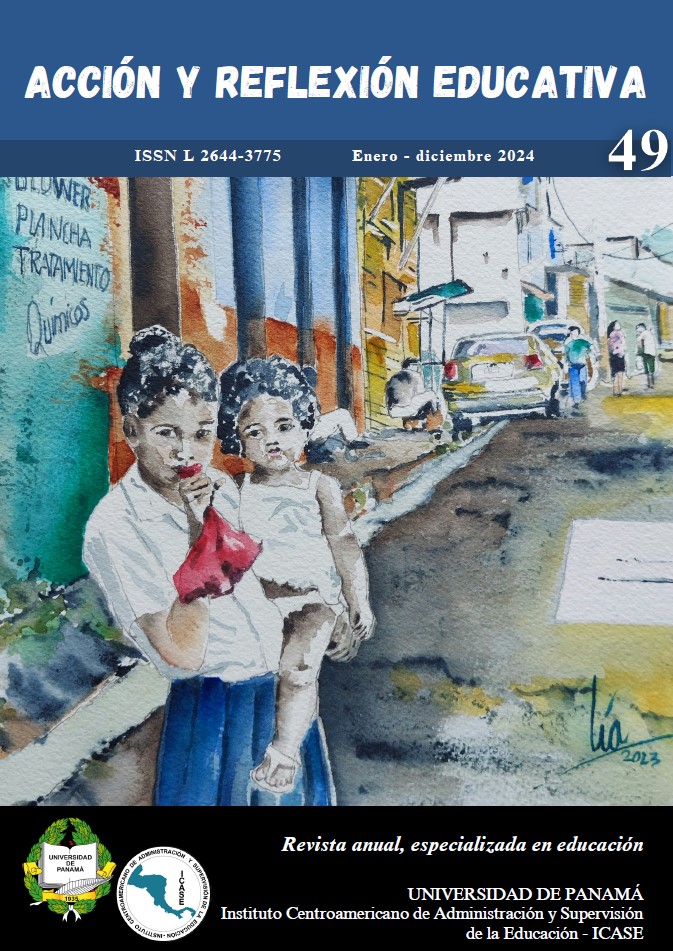

Copyright (c) 2024 Los autores

This work is licensed under a Creative Commons Attribution-NonCommercial-ShareAlike 4.0 International License.
The research addresses the growing interest in university didactics, due to the challenges that teachers face in the teaching-learning of natural sciences. The successful implementation of the flipped classroom model (FIL) is proposed as a methodological strategy for the development of scientific competencies in primary school teachers in training at the University of Panama. The research was experimental and exploratory, using two instruments to evaluate the contribution of the MCI to the development of scientific competencies and student satisfaction. The results revealed a significant difference in cognitive and attitudinal scientific competencies before and after the implementation of the MCI. Students expressed a high degree of satisfaction when using video lessons for individual study at home and then carrying out collaborative practices in class. In summary, it is concluded that the teachers in training at the University of Panama managed to develop scientific competencies through the MCI, which supports its effectiveness. It is recommended to continue researching disruptive methods for teaching natural sciences in Panama. This study highlights the importance of adapting innovative strategies in higher education to improve the quality of teaching and learning.